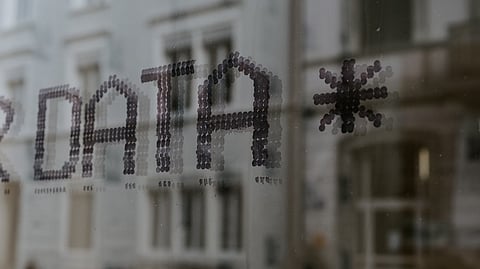But this success tale has hidden problems that need to be addressed right now. The quality and safety of the iPhone, the best smartphone on the market, is one major issue. Data Security Labs discovered an actively abused software vulnerability in September that allowed the Israeli cyber-intelligence outfit NSO Group to more easily distribute the Pegasus mercenary spyware on personal Apple computers used by a civil society organization in Washington, D.C. The Pegasus spyware has frightening powers and is made to compromise smart devices, such as iPhones. Once infected, it has access to the camera and microphone on the device, along with vital data like contacts, call history, and the user's location.
Without the user's involvement, iPhones running iOS 16.6 can be compromised by this vulnerability. This is not a unique event either, as Kaspersky revealed in June that a zero-click assault has compromised thousands of iPhones, even infecting the Apple devices used by Kaspersky Lab staff. It's important to remember that these attacks are still happening as of June 2023, highlighting how persistent this security flaw is.
Furthermore, the Russian Foreign Ministry has made accusations that Apple deliberately gave the U.S. National Security Agency (NSA) a backdoor. Russian officials claim that American IT corporations have been utilized to spy on civilians not only in the United States but also in India, Israel, China, and a number of NATO members. This disclosure highlights the enormous amount of data collected covertly from internet users.
Separately, in late September, the Indian government revealed a new vulnerability in Apple devices that may jeopardize customer data and issued a serious security warning. Apple's iPhones and watches are impacted by a bug in the WebKit browser engine, which is used by Safari and other browsers. By deceiving users into visiting malicious websites or downloading infected attachments, an attacker might take use of this vulnerability to obtain personal data and possibly install malware.
While some may contend that software flaws are a typical occurrence in cell phones, the risks are far greater in products like the iPhone, which are renowned for their cutting-edge features and high price. Users of these devices are usually important members of society; they include not only college students but also medical professionals, government officials, high-tech researchers, and military people. These people are also popular targets for political and business espionage.
Consequently, it is imperative to contemplate the possible ramifications of a data breach, particularly in relation to India's classified technology or unreleased classified data. Protecting India's interests is critical in a world where threats are becoming more frequent and the economy is unstable. Every Indian citizen is essential to the country's security, so protecting commonplace gadgets like iPhones is a duty that demands our focus and caution.IANS/VB


